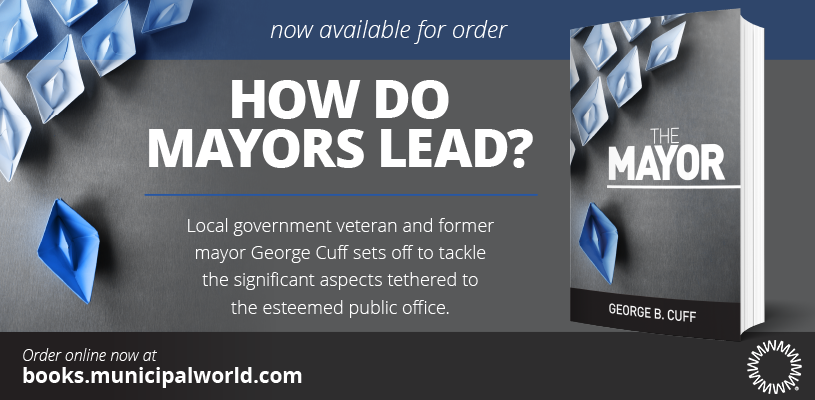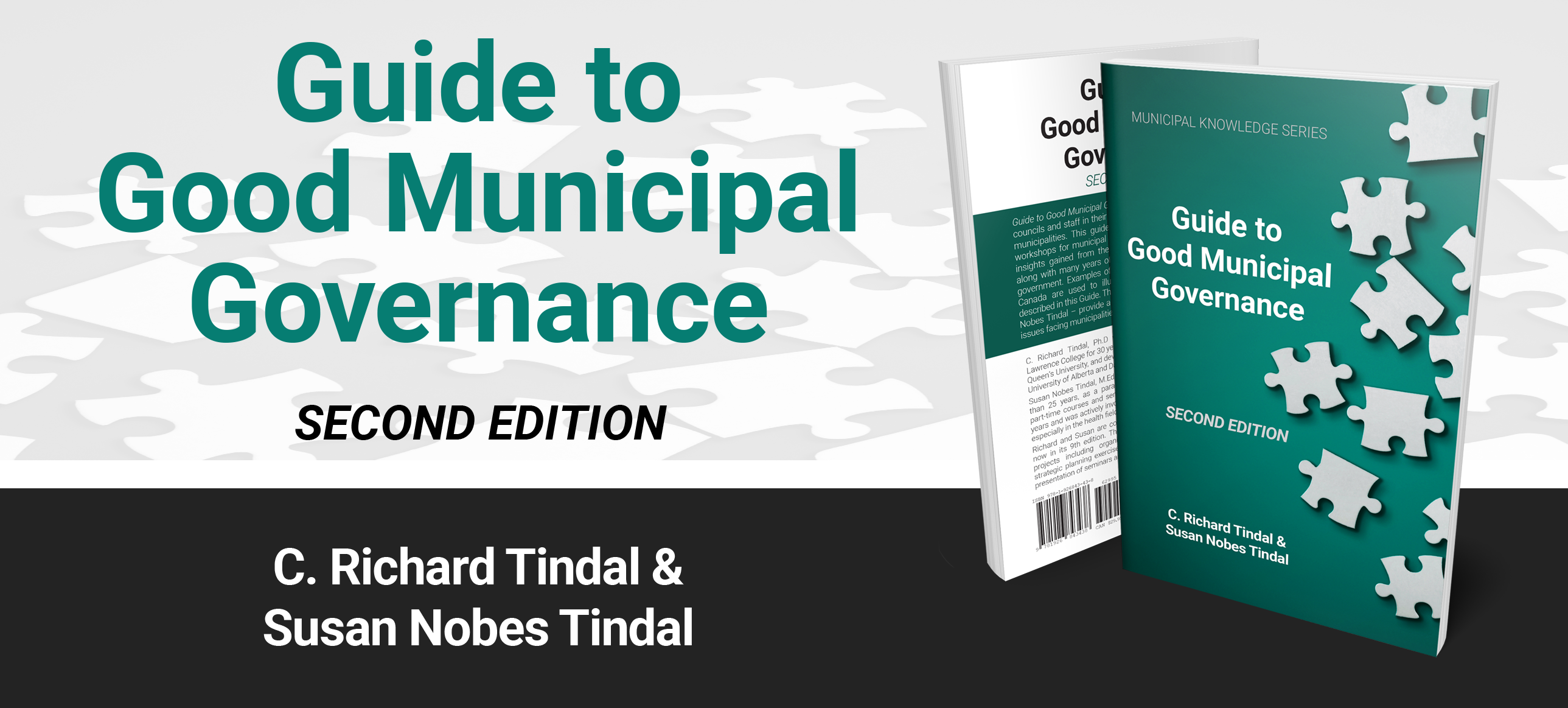How the legalization of recreational cannabis use will affect Canada’s municipalities

As a key pillar of its election platform for the 2015 federal election, the Liberal Party, led by now Prime Minister Justin Trudeau, promised to legalize, regulate, and restrict access to recreational cannabis. This regulatory change stands to have a significant impact on municipal governments across Canada.
In 2016, the Liberal government launched a task force to consult with medical experts, stakeholders, and the public to guide a regime for legal recreational cannabis use. The task force, in its report released on November 30, 2016, made recommendations on a number of considerations, including modes of sale, cannabis-impaired driving, supply-chain management to govern the change in law, and the end of prohibition on recreational cannabis.
On April 13, 2017, guided by its task force recommendations, the federal government introduced Bill C-45, An Act Respecting Cannabis and to Amend the Controlled Drugs and Substances Act, the Criminal Code and other Acts and a related statute, Bill C-46, to address issues around impaired driving.
Under the regulatory regime, there will be a split in responsibility between the federal and provincial governments.
The federal government will be responsible for regulating and licensing the production of cannabis, the rules around possession limits, trafficking, advertising, the tracking of seed to sale, establishing minimum age limits at 18 years old, restricting personal “home grow” cultivation to a maximum of four plants, and the continued oversight of the medical cannabis regime.
The provinces will be responsible for governing wholesale and retail distribution, the selection of a retail distribution model, and workplace safety. Provinces also have discretion to set higher age limits, more restrictive home cultivation rules, and more restrictive possession limits.
It is anticipated that once the Senate has finalized its debates and recommended amendments to the Acts, sales of legal recreational cannabis will begin at the end of the summer of 2018.
Legal Structure by Province
Each province and territory will have its own statute or structure governing the sale and use of recreational cannabis in Canada. Depending on the location and provincial regulatory structure in each province, the issues and challenges faced by local governments in Canada will vary significantly.
For example, in Ontario, the minimum age to consume cannabis will be 19; there will be no further restrictions on home cultivation beyond the four plant limit set by the federal government; sales will be exclusively through a provincial government agency; and the use of recreational cannabis will be prohibited in any public place, whereas medical cannabis will be permitted where tobacco is permitted to be smoked.
In Alberta, the minimum age will be 18 years old; wholesale, distribution, and online sales will be managed by a provincial agency; retail sales will be entirely through private entities; consumption will be permitted in some public areas; and municipalities will be explicitly permitted to pass further public use restrictions.
In British Columbia, public use will generally be permitted where tobacco is permitted; retail sales will occur in both government-run stores and private entities; there will be different rules for urban retail and rural retail stores; the minimum age will be 19; there will be additional restrictions on home cultivation to prevent public view of the plants; and there will be new 90-day administrative driving suspensions for drug use.
In Quebec and Manitoba, among other rules, home cultivation will be prohibited. In New Brunswick, there will be further restrictions on home storage of recreational cannabis.
As the legal structure in each province will differ significantly, municipalities should review, in detail, the relevant provincial regime as the effects on municipal governments and their scope of responsibility will differ depending on their jurisdiction.
Municipalities: Service Providers, Regulators, and Mediators of Citizen Disputes
Enforcement: public consumption and impaired driving – Enforcement issues will likely be a significant challenge for many municipal entities across the country. Just as municipalities are often tasked with addressing prohibitions on the consumption of tobacco, municipalities will likely be tasked with enforcing the prohibitions surrounding cannabis. This will likely include, depending on the province or territory, enforcing prohibitions on public use, improper sales, improper production, and illegal dispensaries. This will be a significant cost to municipalities and will require significant training, particularly if local by-law enforcement officers are required to work in a realm in which they have never worked before.
Public health and education – Many municipalities have significant public health and education units. Municipalities will likely need to play a key role in educating the public on the health effects of cannabis use, particularly on adolescent development.
Business licensing: consumption and sales – Similar to bars and the public sale of alcohol at events, the licensing of private entity businesses involved with cannabis sales will likely be subject to municipal licensing regimes. For example, the Province of Ontario put forward a regulatory proposal that stated consumption lounges are being considered post-legalization.
Business licensing will be a significant municipal responsibility in jurisdictions that will have a private retail sales model such as Alberta. Business licensing for venues will likely become a greater area of municipal responsibility once edibles are regulated and depending upon the model adopted by the federal and provincial governments.
Odour mediation and control – Because cannabis is currently an illegal substance, public use is muted. However, after the substance is legal and permitted to be used in, for example, the backyard of a residential sub division, in close proximity to neighbouring properties, the local municipality will likely be drawn into mediating disputes between neighbours.
There may be a desire to pass a local odour by-law and to regulate impacts between neighbours. This will likely become a challenging exercise for municipalities in determining how to accurately measure, assess, and record odours in a fair and consistent manner, and how to enforce such a regime.
Many municipalities are also operators of multi-unit social housing buildings. In this capacity, they will therefore have to mediate disputes between neighbours to balance an individual’s desire to use recreational cannabis and the reasonable enjoyment of the neighbours.
Land use planning: sales, production, and consumption – The challenges faced by a municipality associated with land use planning issues will likely differ significantly across the country. In provinces such as Alberta, where sales will occur through private entities, there may be greater land use planning challenges, such as guiding the location and proliferation of dispensaries. Alberta municipalities will likely need to draw upon the experience of municipalities in U.S. states, such as Colorado, where municipal governments have also been challenged with this issue. Similarly, other municipalities will likely look to draw upon the experience of Vancouver in seeking to regulate the location of dispensaries and avoiding issues of clustering and accumulation. In provinces with a crown entity model, such as Ontario, issues around land use planning within municipal control will likely be few, as the provincial agency will site the facilities.
Across the country, production facilities will have land use planning considerations, and municipalities will need to be cognizant of what they may and may not regulate under the application land use planning laws in their given jurisdiction.
Municipalities as Employers
Municipalities across Canada provide services to the public that are often safety sensitive and involve direct interaction with the public where impairment from drugs or alcohol would be unacceptable.
Similar to the risks, challenges, and issues surrounding alcohol use and intoxication in the workplace, the legalization of recreational cannabis will pose similar but distinct issues that municipalities as employers will need to address.
While the considerations for workplace policy are similar to alcohol, there are a few distinct differences. It is more difficult to assess an individual’s impairment from cannabis as compared to alcohol, and it is more difficult to precisely determine what constitutes impairment. Employers may have less experience in spotting and determining impairment from cannabis than from alcohol (with which they may have more experience and training). This issue may become more pronounced after the anticipated legalization of edible cannabis products that may occur as early as 2019.
Municipalities should review their applicable codes of conduct, human resources policies and guidelines, and workplace supervision guidelines to ensure that recreational cannabis is appropriately addressed, both for the suite of services provided by each municipal entity and for the different roles employees may play.
There will be few – if any – changes in how employers must address issues around the use of medical cannabis and the legal requirements to accommodate an employee with a medical need in accordance with applicable legal regime. For example, in a non-safety sensitive role, a zero tolerance policy for where an individual who requires medical cannabis for a recognized disability, would likely be unacceptable under labour and human rights laws.
Conclusion
The changes to the legal treatment of cannabis and the new regulatory regimes across the country will affect every municipality in Canada. Municipalities will be directly affected, first through their role as the level of government closest to the population, and second as an employer with many safety sensitive positions. Municipalities will need to closely review and monitor their respective provincial regulatory regimes and should carefully review their human resources policies in accordance with labour and human rights laws. MW
Ajay Gajaria is an in-house municipal lawyer at the Regional Municipality of York. He holds a JD from Osgoode Hall Law School, as well as a BA and an MPA in Local Government from Western University. His Master’s research paper focused on procurement of professional services in Ontario municipalities.
as published in Municipal World, May 2018



